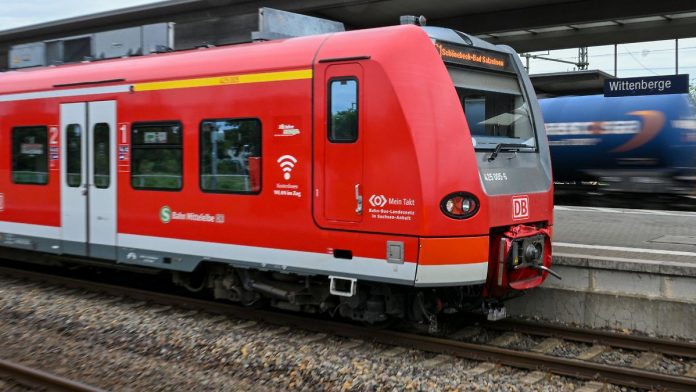Thousands of regional trains were canceled
Deutsche Bahn wanted to conceal signal box problems
This audio version was artificially generated. More info | Send feedback
It is now known that Deutsche Bahn has significant staffing problems at signal boxes. However, they have existed for a long time and will result in thousands of canceled regional trains in 2022 alone. However, the railway tried for a long time not to make the extent of the problem public.
If Deutsche Bahn (DB) had had its way, the railway industry and the public would not have found out about the extent of the staff shortage in the group's signal boxes. This emerges from documents available to the “Süddeutsche Zeitung” (SZ) – in blacked out and unredacted versions.
The documents come from procedure BK10-23-0255_Z at the Federal Network Agency in Bonn. She is pushing for DB Infrago, which operates the rail network and stations, to train and hire enough staff for its signal boxes. When the authority wanted to know specifically how big the problems in the signal boxes really were and what the consequences were, they received unredacted versions of the documents for their own purposes. However, other companies and associations from the rail industry that are involved in the process and have an interest in everything going well in the signal boxes should be fobbed off with largely blacked out documents.
The original documents show when the problems in the signal boxes began. In 2021, with 688 signal boxes, comparatively few were temporarily down. The following year the numbers shot up: 4,165 signal boxes were down for hours due to a lack of staff. In the first half of 2023 there were 2,459 signal boxes. And that had consequences for rail traffic: Due to the serious problems in the control centers, a total of 6,856 regional trains were canceled in 2022. In the first half of 2023 there were 3,388. More recent figures are apparently not available.
From DB Infrago's point of view, all of these are “trade and business secrets that are worthy of secrecy and should not be made available in detail to an unrestricted public or to the industry.” The position of the DB network company is reflected in a decision of the Cologne Administrative Court from February 2024. However, the court saw things completely differently and obliged DB Infrago to release its documents to the 15 parties involved in the proceedings. So the rail industry knows – and now the public too.


